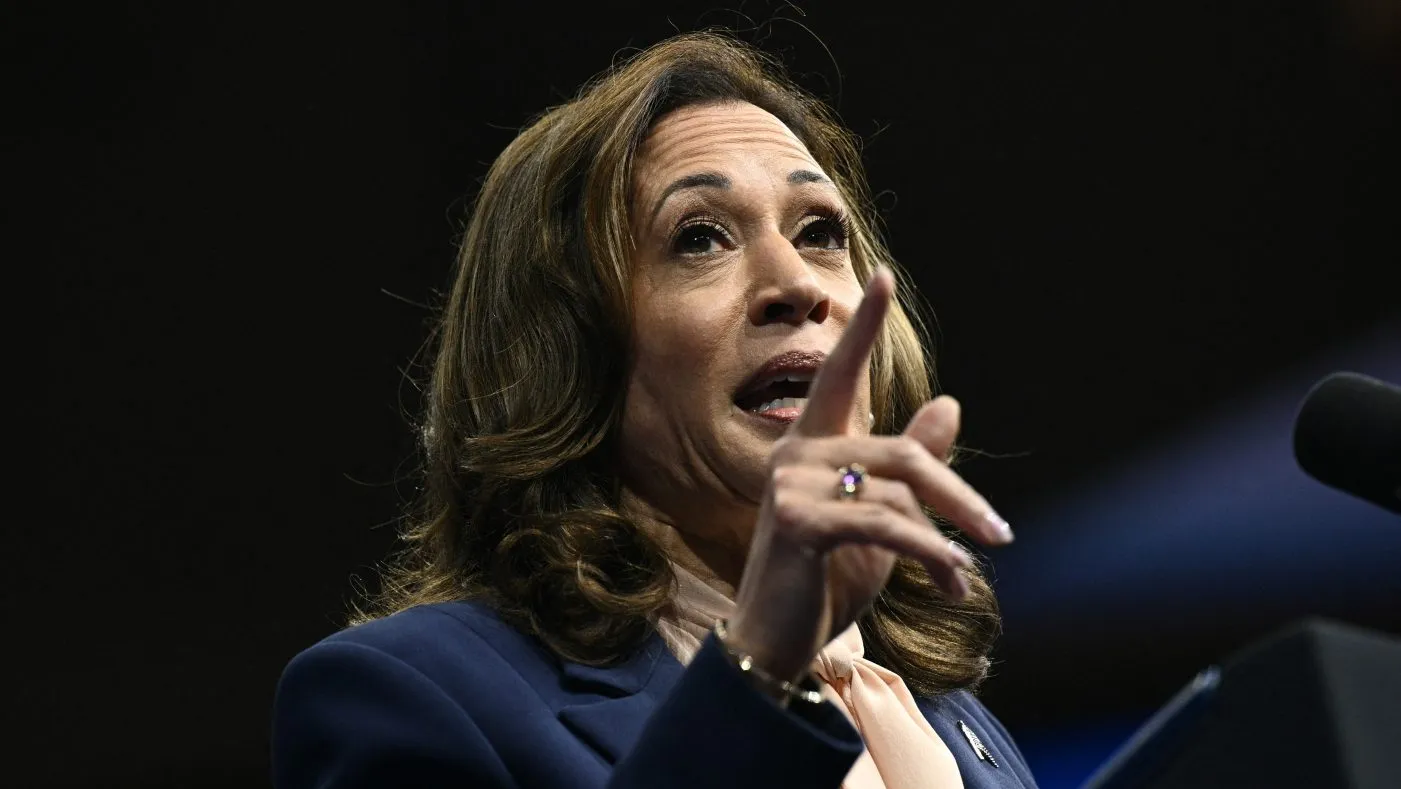Analysis of Kamala Harris's Economic Proposal: Potential Costs and Implications

Kamala Harris's Proposal Overview
Vice President Kamala Harris has introduced a proposal to eliminate taxes on tips and raise the federal minimum wage. According to the Committee for a Responsible Federal Budget (CRFB), this plan could cost up to $200 billion over the next decade.
Financial Implications
The CRFB's analysis indicates that exempting tip income from federal income tax could add significantly to the national deficit. Their estimation forecasts that this proposal could increase federal deficits by $100 to $200 billion, especially if understanding behavioral changes in tipping practices is factored in.
Political Context
Harris's commitment parallels statements from former President Trump, who also plans to eliminate taxes on tips. This alignment indicates a bipartisan interest in reforming compensation for service workers.
Conclusion
While the proposal showcases a drive to assist service and hospitality workers, it raises critical discussions about the balance between increased worker compensation and the potential long-term impact on the federal budget.
This article was prepared using information from open sources in accordance with the principles of Ethical Policy. The editorial team is not responsible for absolute accuracy, as it relies on data from the sources referenced.